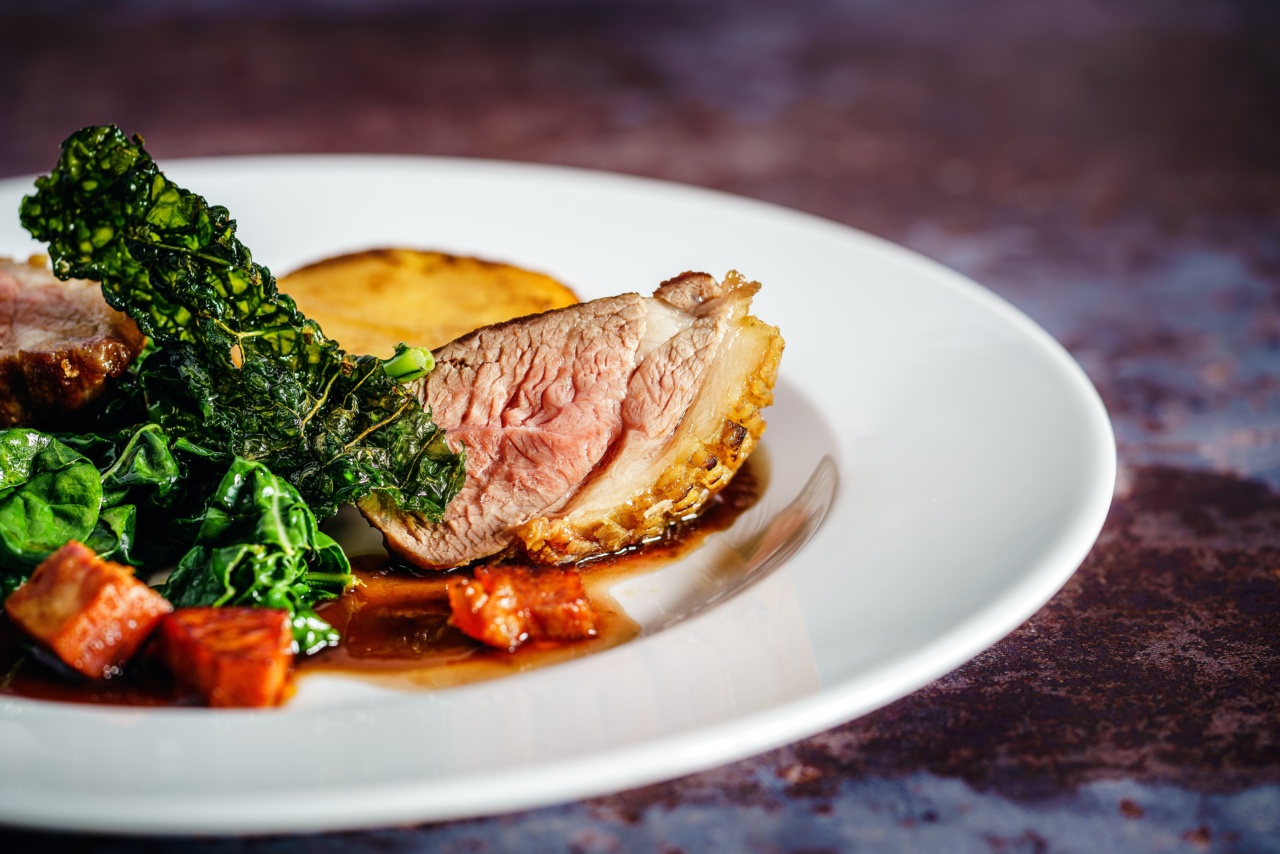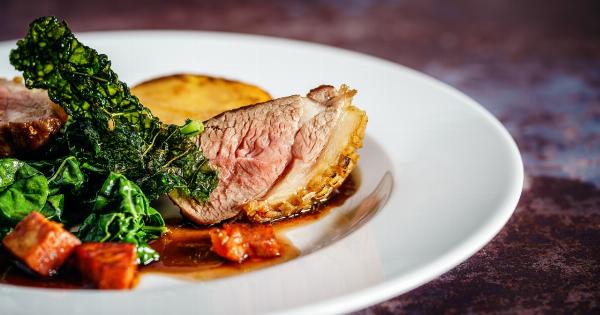Breast cancer is a significant problem worldwide, and its incidence has been on the increase in recent decades. Several factors have been associated with breast cancer, and dietary factors are among them.
Red meat is one of the most controversial foods when it comes to its association with breast cancer risk. In this article, we will examine the current evidence on red meat consumption and breast cancer risk.
What is Red Meat?
Red meat is defined as meat that comes from mammals, such as beef, pork, lamb, and goat. Red meat is a rich source of protein, essential vitamins and minerals like iron, selenium, and zinc.
However, red meat has also been associated with several health problems, including breast cancer.
The Evidence on Red Meat Consumption and Breast Cancer Risk
Several studies have investigated the association between red meat consumption and breast cancer risk. The findings have been inconsistent, which has led to some confusion on the issue.
Some studies have suggested that high red meat consumption increases breast cancer risk, while others have found no association or even a protective effect.
Studies that Find an Association Between Red Meat Consumption and Breast Cancer Risk
A meta-analysis of 10 studies found that high red meat consumption increased breast cancer risk.
The study included data from 1.2 million women, and the results showed that women who ate the most red meat had a 12% higher risk of breast cancer compared to those who ate the least. Another study published in the International Journal of Cancer found that women who ate the most red meat had a 25% increased risk of breast cancer compared to those who ate the least.
Studies that Find No Association Between Red Meat Consumption and Breast Cancer Risk
However, several studies have found no association between red meat consumption and breast cancer risk.
A study published in the Journal of the National Cancer Institute found that there was no association between red meat consumption and breast cancer risk in postmenopausal women. Another study published in the International Journal of Cancer found that there was no association between red meat consumption and breast cancer risk in premenopausal women.
Studies that Find a Protective Effect of Red Meat Consumption on Breast Cancer Risk
Interestingly, some studies have found that red meat consumption may have a protective effect on breast cancer risk.
A study published in the International Journal of Cancer found that women who ate more red meat had a lower risk of breast cancer than those who ate less. Another study published in the Journal of the National Cancer Institute found that women who ate the most red meat had a 31% lower risk of breast cancer compared to those who ate the least.
Possible Mechanisms Behind the Relationship Between Red Meat Consumption and Breast Cancer Risk
The exact mechanisms behind the relationship between red meat consumption and breast cancer risk are not fully understood. However, there are several possible explanations.
One possible explanation is that red meat contains some chemicals that may increase the risk of breast cancer. Another possible explanation is that red meat consumption may lead to the production of certain hormones that can contribute to breast cancer development. Red meat is also a source of saturated fat, which has been linked to breast cancer risk.
Conclusion
The relationship between red meat consumption and breast cancer risk is a complicated one, and the evidence is still unclear.
While some studies have suggested an association between high red meat consumption and breast cancer risk, others have found no association or even a protective effect. However, given the potential health risks associated with high red meat consumption, it may be prudent to limit red meat intake and consume a balanced diet that includes a variety of foods.



























